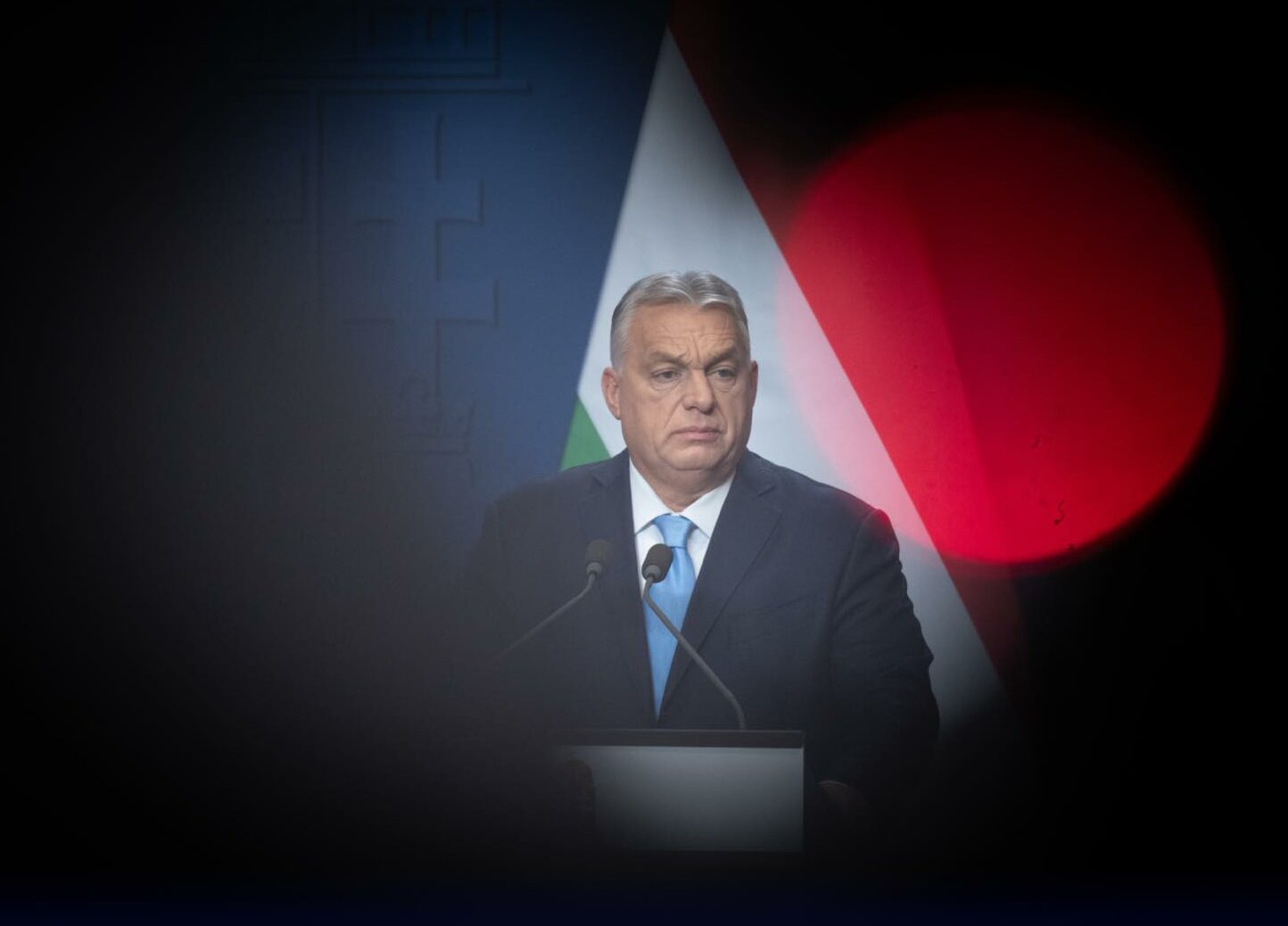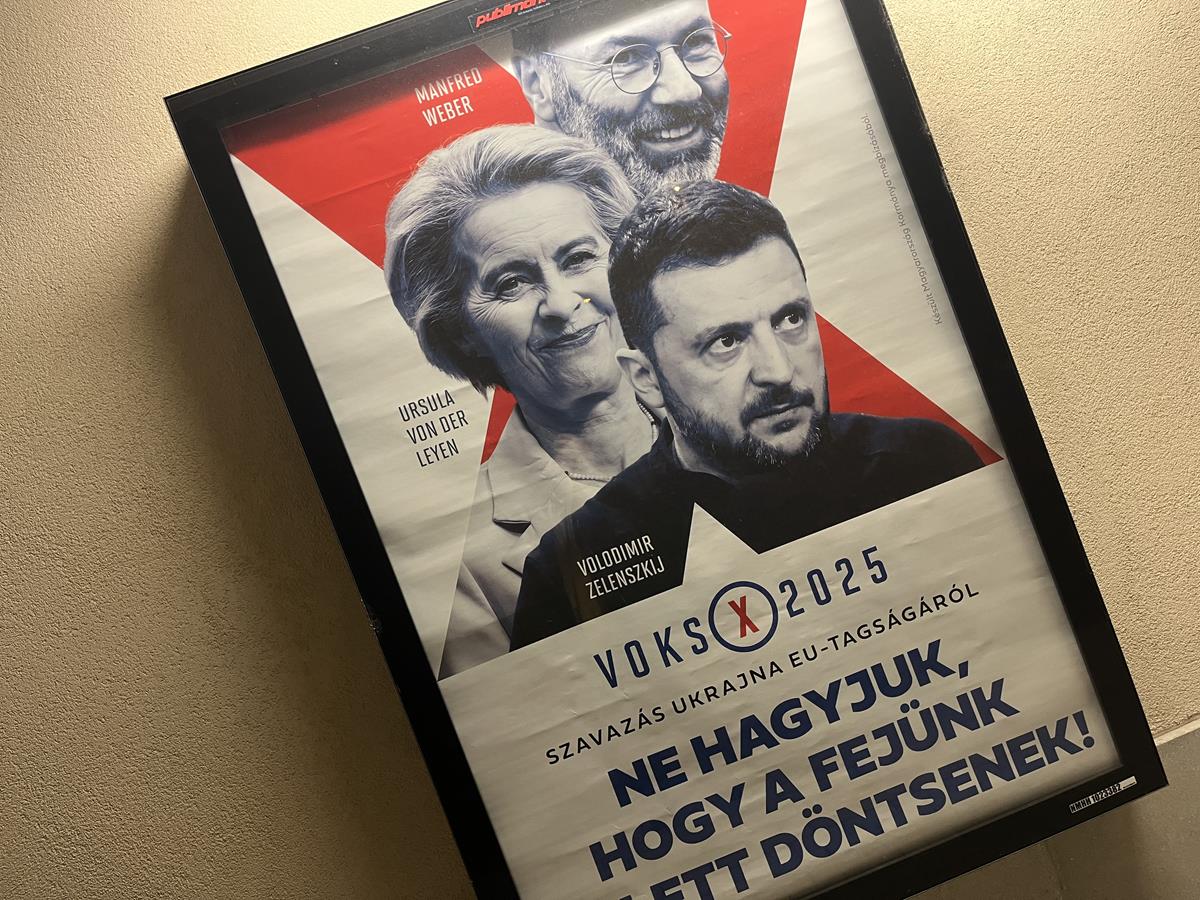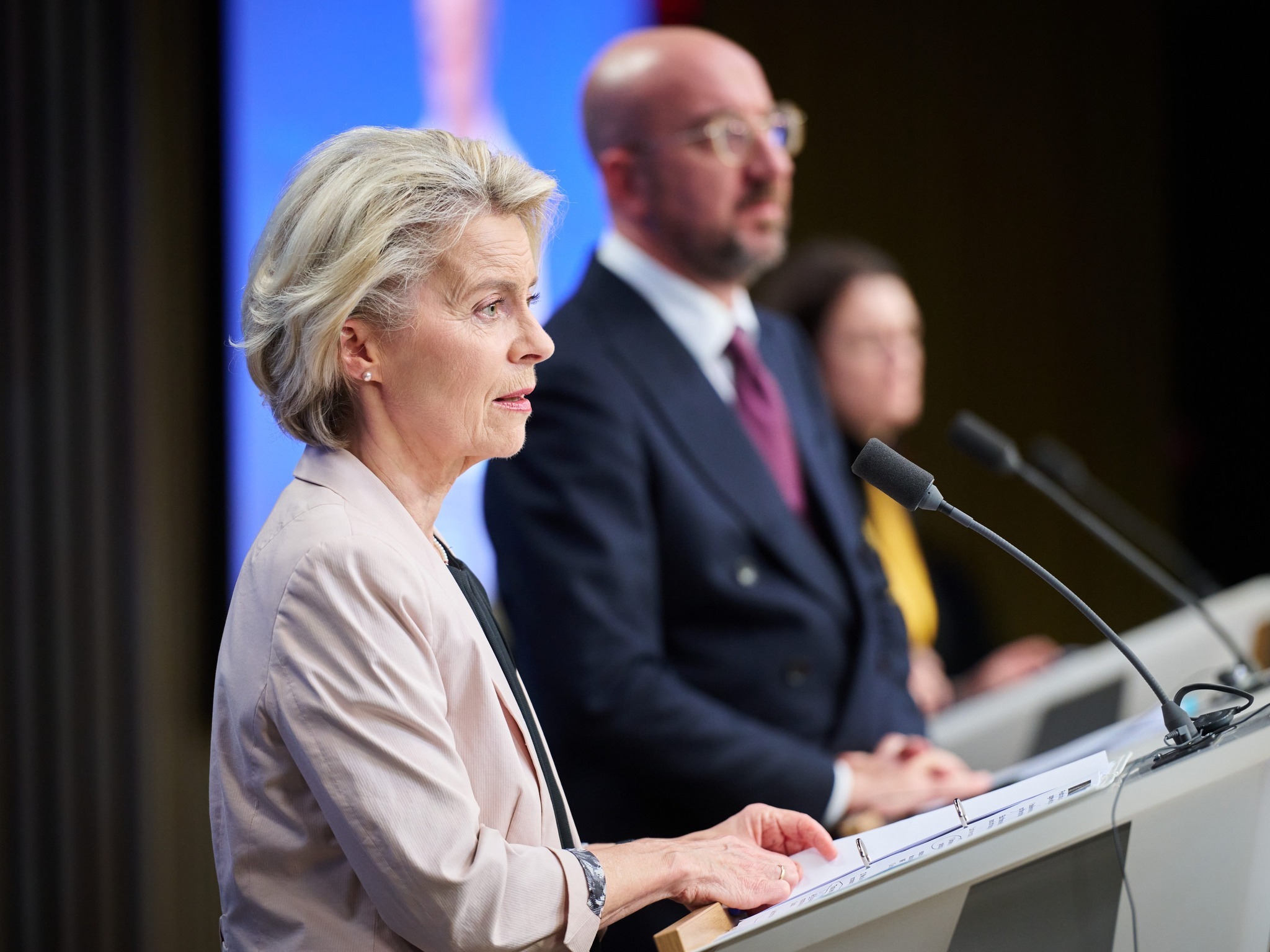EU funds, lawsuits, and a geopolitical gamble: Why PM Viktor Orbán’s ‘sovereignty’ could cost Hungary more than money

At a time when Europe needs unity, the relationship between the EU and Viktor Orbán’s Hungarian government has reached a historic low. In the shadow of the Russia-Ukraine war, EU countries are increasingly realising that support for Ukraine is not just a moral issue, but also an existential one. For many governments, taking decisive action against Russian aggression is also in their own national security interests. This close European cooperation is being spectacularly undermined by the policy of the Hungarian government.
Hungarian Prime Minister Viktor Orbán is moving in the opposite direction: while EU member states are increasing military aid to Ukraine, the Hungarian government is stepping up anti-Ukrainian rhetoric and placing diplomatic obstacles in Brussels’ way. This strategy is not only fuelling political disputes but also has serious financial consequences for Hungary.

The return of United States President Donald Trump and the volatility of US policy towards Ukraine mean that EU member states cannot afford to leave Kyiv defenceless by withholding aid. While the future of American assistance is uncertain, European countries—together with the UK, Norway, and Canada—are increasing their support for Ukrainian forces.
Orbán’s decision: “National pride” instead of Brussels money
According to Válasz Online, the Hungarian government has also intensified anti-Ukrainian sentiment domestically. PM Viktor Orbán’s strategy is reminiscent of the 2015 refugee crisis: he built a conflict with the EU over migration, and now the Ukrainian war is serving as the pretext. The current situation, however, carries much higher stakes: the survival of the EU’s geopolitical weight—and even of some of its member states—may depend on how it responds to Russian aggression. This is why the tension between the Hungarian government and EU leaders is so acute.
In Fidesz’s political messaging, criticism of Brussels has long been framed as ‘foreign attacks’, but the campaign has now escalated. The government is preparing the public to interpret the loss of EU funds not as a governmental failure but as the ‘price of national self-determination’. The prevailing rhetoric claims that accepting Brussels’ punishments is a necessary sacrifice to preserve Hungarian sovereignty.

The government is already paying fines of one million euros per day over asylum legislation. Further penalties—potentially totalling several million euros daily—may follow, particularly in relation to new controversial legislation, such as a potential Pride ban or the expansion of the Sovereignty Protection Office. These are not merely political disputes with Brussels, but also communication tools used by Fidesz to divert attention from Hungary’s mounting financial losses.
Lawsuits, fines, political theatre and unprecedented financial losses
Hungary is paying the price of these conflicts not only politically, but also economically. Under normal circumstances, the country would be eligible to receive €32.5 billion during the 2021–2027 EU budget cycle (in addition to agricultural subsidies), but it currently has access to only €12.5 billion. The missing €20 billion—around 10% of Hungary’s GDP—would be critical to stabilising and developing the economy.
The most serious issue lies with the Recovery and Resilience Facility (RRF). Hungary could draw over €10 billion from this significant fund, but doing so requires meeting a range of conditions designed to strengthen the rule of law—conditions the Hungarian government has been notably slow to fulfil. More than 350 development milestones are outstanding, but Orbán’s cabinet has opted for political autonomy over economic benefit. Without RRF funding, Hungary must finance planned projects with market loans, which come with much less favourable terms, further burdening public finances.

Beyond political and economic clashes, legal battles are also intensifying. One of the most prominent is the lawsuit over the 2021 ‘child protection law’. The European Commission, European Parliament, and 16 member states have brought a case against Hungary, arguing that the law violates the EU Charter of Fundamental Rights. Following the Advocate General’s opinion, Hungary faces a strong possibility of losing, which would result in significant fines. The situation is further aggravated by the government’s plan to ban this year’s Pride event under the same legislation. Should the event be blocked by police, it could deepen the diplomatic rift between Hungary and the EU. Dozens of MEPs are expected to visit Budapest during Pride to protest the law, risking a direct confrontation between EU institutions and Hungarian authorities.
A similar case involves the newly established Sovereignty Protection Office, which is also the subject of an EU lawsuit. The case is being fast-tracked through the European Court of Justice. Should Hungary lose, it could face even more penalties, particularly as the government seeks to extend the office’s powers.
A widening gap between the EU and Hungary: is there a way out?
Hungary’s access to EU funds is increasingly restricted. The RRF funding is unlikely to be unlocked, and money from the Cohesion Fund has already been lost due to missed deadlines. Although the government has initiated some development projects, these will now have to be financed domestically—necessitating further borrowing.

There are occasional glimmers of compromise—such as the recent easing of the excessive deficit procedure—but the deeper geopolitical divides cannot be bridged through economic negotiations alone. While much of the EU views the Russian threat as a vital national security concern, Viktor Orbán continues to downplay it, undermining trust and complicating dialogue.
Moreover, EU institutions are increasingly reluctant to make concessions. The European Commission and the majority of member states believe that backing down would set a dangerous precedent and jeopardise the Union’s cohesion. As the economy slows due to the loss of EU funding, public debt rises, and political tension escalates, the Hungarian government—and PM Viktor Orbán himself—is becoming increasingly isolated.
Keep up to date – click HERE for more news on the Hungarian government.
Read also:






